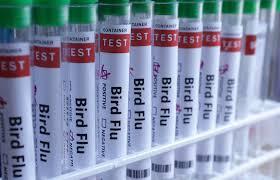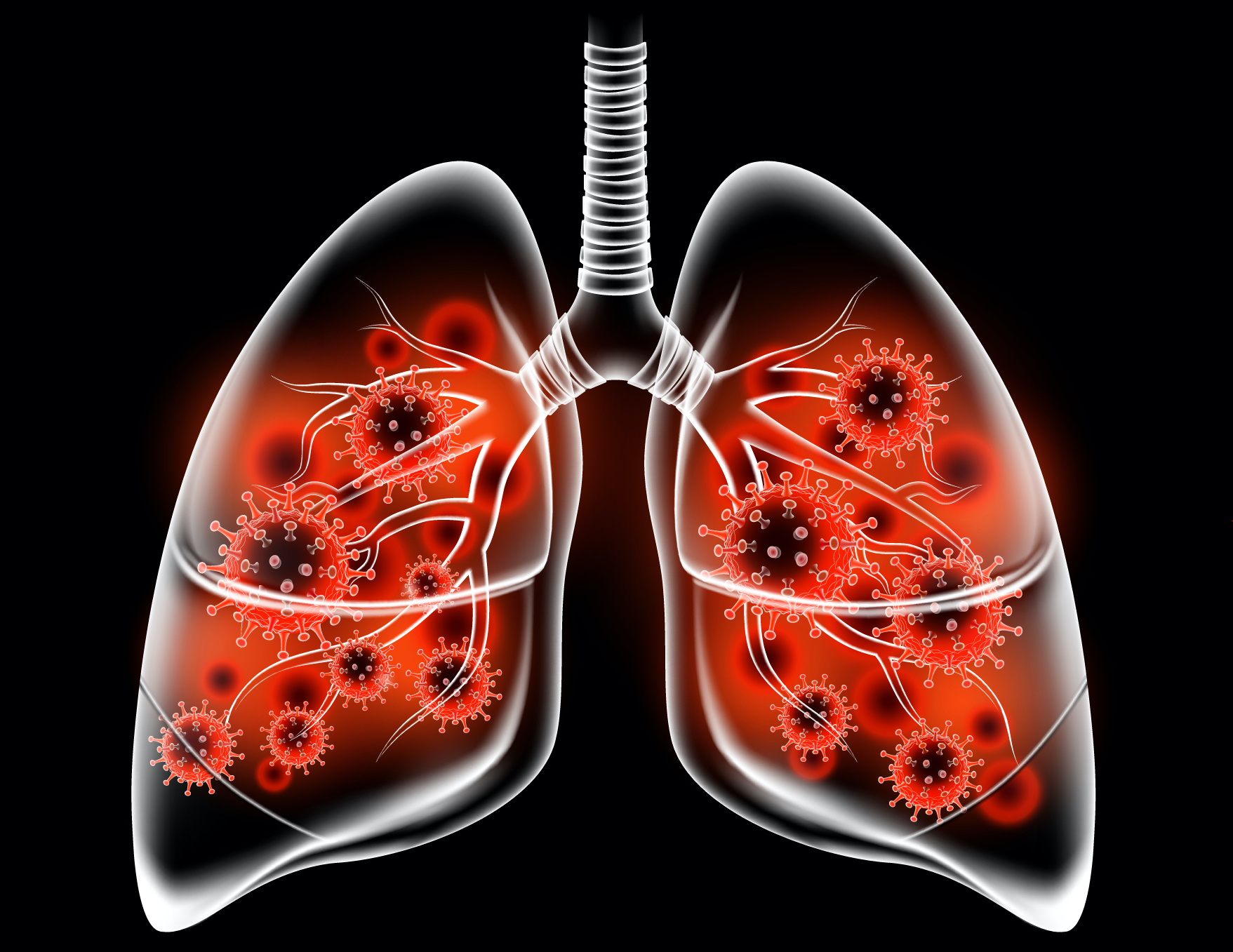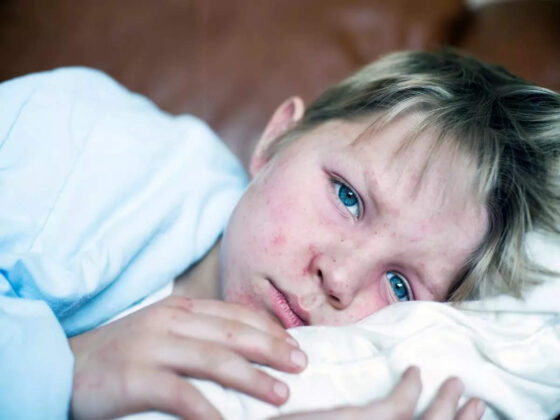Worldwide, avian influenza, also known as bird flu, is common. H5N1, one of the many strains of bird flu that is circulating among birds, is a noteworthy strain.
Mammals and poultry flocks have experienced outbreaks due to these viruses. Influenza A virus is the cause of the illness. Birds that have the condition may experience diarrhea, breathing problems, swollen heads, and unexpected death.
Birds can spread the virus to humans and other animals through their feces, mucous secretions, and saliva. Contact with infected birds without protection raises the risk.
Finland to start bird flu vaccinations!
Health authorities in Finland announced that they will be the first to provide preemptive bird flu vaccinations as early as next week to specific workers who are exposed to animals.
Through a collaborative EU procurement initiative, the nation procured vaccines for 10,000 individuals, including up to 40 million doses for 15 countries from Australian manufacturer CSL Seqirus.
Finland is going to be the first country to introduce the vaccine, CSL Seqirus confirmed to news agency Reuters.
Some regions of Finland will start receiving vaccinations the following week, a THL representative said. Workers at fur and poultry farms, lab technicians handling bird flu samples, veterinarians acting as animal control officers, staff members at wild bird sanctuaries, livestock farms, and facilities that process animal byproducts will all receive the vaccinations.
THL further stated that close contacts of the suspected or confirmed case will also be offered the vaccine in the event that avian influenza infections occur in humans.
Hundreds of millions of chickens have died or been forced to be culled due to the H5N1 strain of bird flu, which has also increasingly affected mammals—including cows in the US—and occasionally people.
Finland is eager to start vaccinations despite not having reported any human cases of the virus because of the danger of transmission from its fur farms.
Significant bird flu outbreaks among mink and foxes at Finland’s primarily outdoor fur farms occurred last year, necessitating the culling of roughly 4,85,000 animals to stop the disease from spreading.










